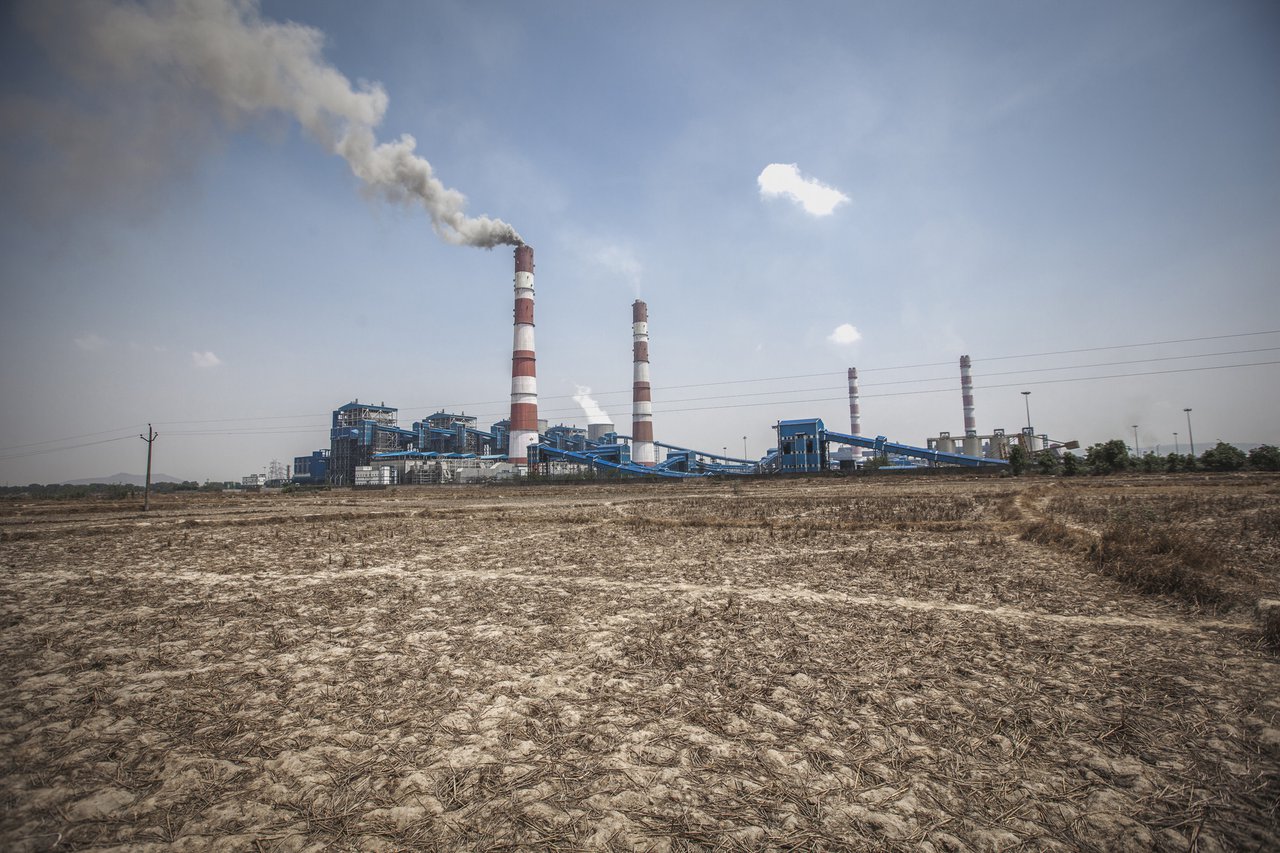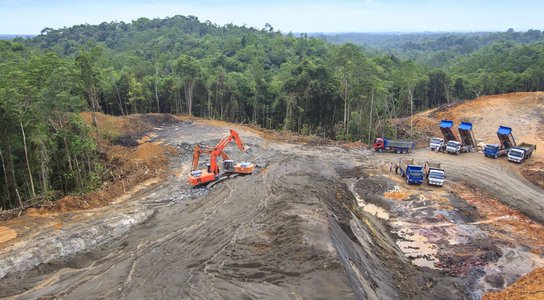Companies continue to pollute the planet, destroy forests and decimate valuable ecosystems without fear of consequences. As the world’s largest market, the European Union has unique influence - it should use that influence to hold companies to account for their actions, protect the environment and turn the tide on the climate crisis.

TRN Power Project, Nawapara Village, Raigarh district, Chhattisgarh, India, 2017
In April 2020, the European Commissioner for Justice Didier Reynders committed to introducing new rules on corporate human rights and environmental due diligence. This proposal is intended to fulfil the goals of the European Green Deal through increasing environmental sustainability of corporate behaviour.
In this new briefing, leading civil society groups working on corporate accountability set out the key elements for European legislation to hold companies accountable for their environmental impact.
Key recommendations
European companies have a global footprint, and many have been implicated in serious environmental harm, including the Brumadinho dam disaster in Brazil, the Cerrejon mine in Colombia, and severe pollution in the Niger Delta.
Our briefing calls for:
- Companies to be held civilly, administratively, and criminally liable for environmental damage resulting from their activities.
- The EU’s forthcoming corporate accountability legislation must ensure that environmental protection is integrated into companies’ due diligence requirements alongside respect for human rights.
- The EU to set out a non-exhaustive list of adverse impacts which should be addressed through environmental due diligence accompanied by applicable standards for companies.
This legislation will help to define the relationship between the private sector and the planet for decades to come. It is possible to reduce global heating, prevent ecosystem collapse, and turn the tide on the climate crisis – but only if we hold companies accountable for their harmful environmental impacts.

